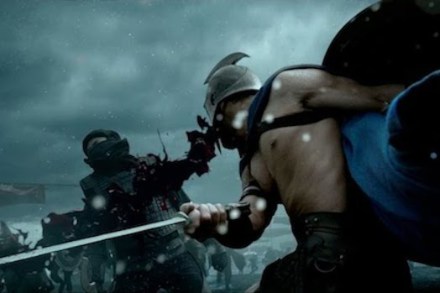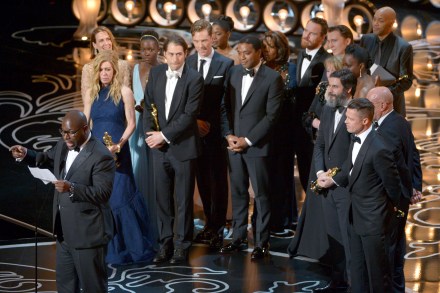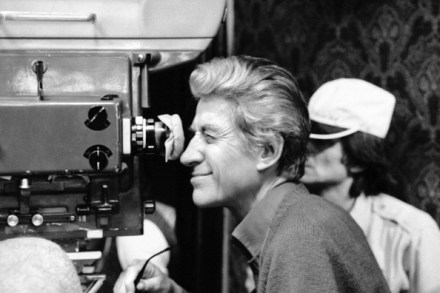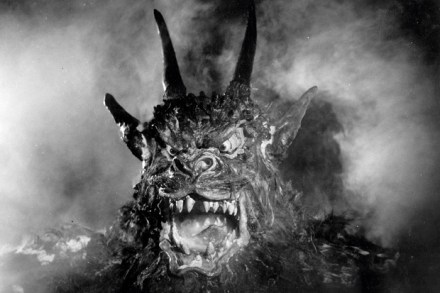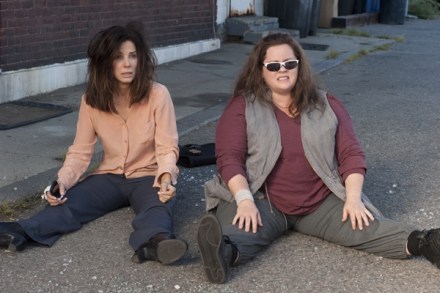Under the Skin: one second of tits to every three minutes of glen
‘I thought it was supposed to go on for another half hour!’ said a man in the foyer on the way out. ‘When the alien got burnt to death I thought thank fuck for that.’ Before you get annoyed with me for giving away the ending, let me explain that this is one of those films where plot takes a back seat. More than that, it’s been tied up, gagged and locked in the boot. I can’t stand it when people give away the ends of films, which is why I never read reviews before going to the cinema. Too many reviewers have no respect for plot. So I didn’t know that


